How to Be a Healthier Caregiver
Are struggling to Balance Caregiving and managing your stress?

For caregivers, the balancing act between managing their own lives and the needs of their loved one can feel like an impossible task. You may find yourself part of the sandwich generation, juggling the care of your children alongside your responsibilities as a caregiver. As the stress mounts, it’s crucial to remember that your well-being is just as important as the care you provide. Below are ten tips to help you manage stress and maintain your health as a caregiver.
10 Ways to Manage Stress and Be a Healthier Caregiver
1.Prioritize Personal Downtime
Caregiving is demanding, and it's essential to take time for yourself. Respite care services offer temporary relief, allowing you to rest and recharge while ensuring your loved one is safe and cared for.
2. Use Community Resources
Don’t hesitate to seek help from community resources. Adult day programs, in-home assistance, companions, and meal delivery services can ease your daily burden and provide much-needed support.
3. Educate Yourself Continuously
As your loved one’s condition progresses, new caregiving skills may be necessary. Educate yourself through resources like alz.org/care to better understand the disease and access helpful tools and programs.
4. Seek Out Support Networks
You don’t have to navigate this journey alone. Online communities and local support groups can offer a sense of connection and understanding. If stress becomes overwhelming, consider seeking help from a doctor or counselor.
5. Nourish Your Body and Mind
Prioritize your well-being by eating well, exercising, and getting enough rest. Maintaining your health will enable you to be a more effective caregiver.
6. Identify and Manage Stress Symptoms
Stress can manifest physically and emotionally, leading to issues like high blood pressure, irritability, and changes in appetite. Keep track of your symptoms and discuss them with your doctor if needed.
7. Adapt to Changing Needs
Diseases like Dementia and Alzheimer’s are progressive, and your loved one’s needs will change over time. Being aware of and prepared for these changes, including knowing when to seek additional care, can help ease the transition.
8. Plan Ahead- Legally and Financially
After a diagnosis, it’s important to put legal and financial plans in place. This allows your loved one to participate in decision-making and provides peace of mind for the entire family. Consult with professionals, such as elder law attorneys or financial advisors, to guide you through this process.
9. Acknowledge Your Efforts
It’s natural to feel guilty about not being able to do more, but it’s important to recognize that you’re doing your best. As care needs increase, the way you provide care may change, but your loved one’s well-being and safety remain your priority.
10. Stay on Top of Your Health
Regular checkups are crucial for your health. Pay attention to signs of exhaustion, stress, sleeplessness, or changes in appetite or behavior. Ignoring these symptoms can lead to serious health issues down the line.
Caring for a loved one with dementia or Alzheimer’s is a profound act of love, but it’s also a journey that requires strength, patience, and self-care. By following these tips, hopefully you can manage some of the stress and take care of your own health, allowing you to be the best caregiver you can be. Remember, you are not alone in this journey, and there are resources and support systems available to help you along the way.
If you need recommendations for vetted, local professionals- give us a call.
Author: Kinga Wulczynska-Lauer
Picture by Tamas Pap
Disclaimer:
Retirement In Reverse is a mortgage company dedicated to serving older adults, financial planners, and wealth managers with a strong focus on education and informed decision-making. While we strive to provide helpful information on a variety of topics, we are not experts in all areas. That’s why we collaborate with a trusted network of professionals—including attorneys, tax advisors, and financial planners—to help connect you with the right expert based on your individual needs. The information provided in this article is for educational and illustrative purposes only. Before making any financial, legal, or lifestyle changes, we strongly recommend consulting with a qualified professional who can review your personal situation. If you are considering Reverse Mortgage, call Ted Lange at 760-753-1568 to learn more.



